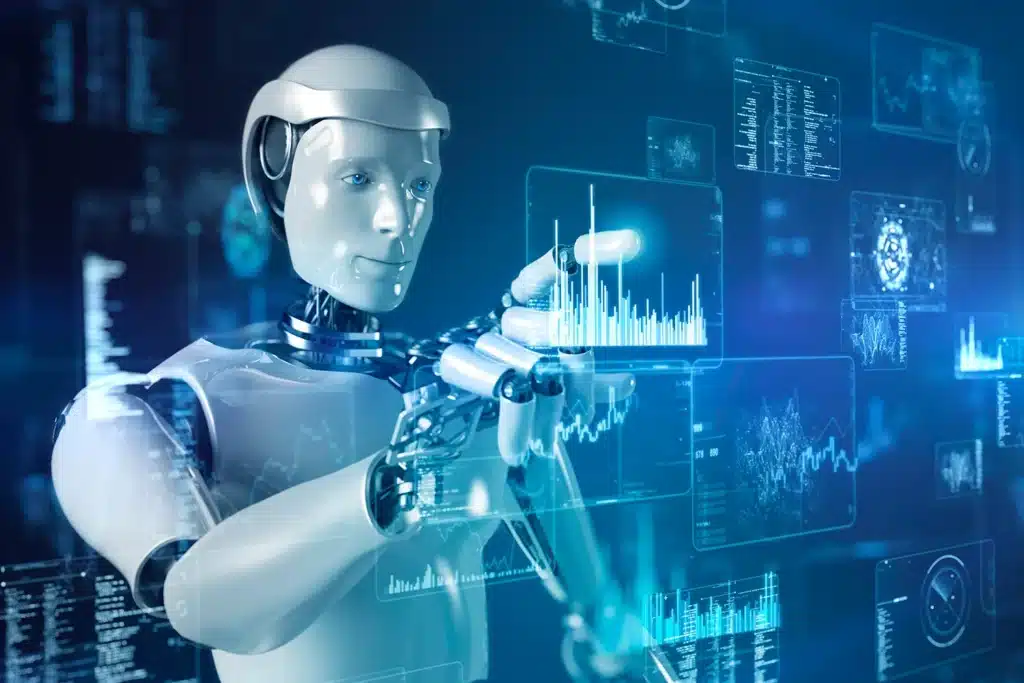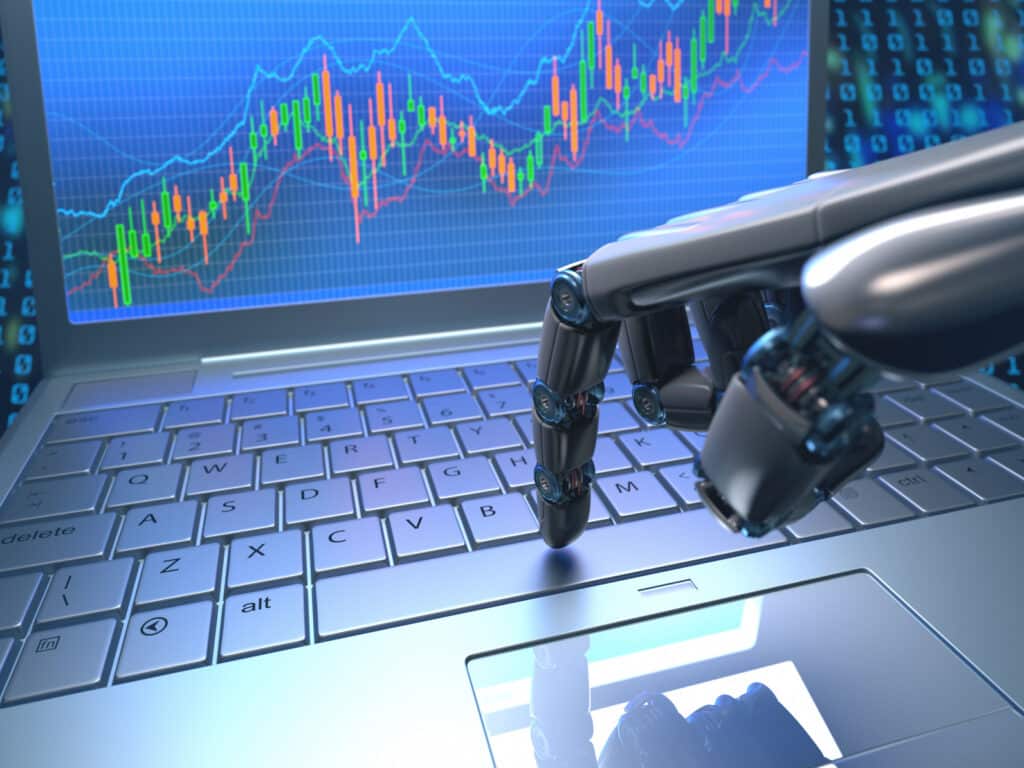Artificial intelligence (AI) has come a long way since its inception in the 1950s. AI is used in a wide range of applications, including natural language processing, image recognition, and autonomous vehicles. With the recent advancements in AI technology, there has been growing concern that AI may eventually take over the world. In this article, we will examine the possibility of AI taking over the world and what factors would make this possible.
Contents
The Rise of AI & Limitations Faced
Over the last few years, AI has made significant progress in various fields, including healthcare, finance, and education. It has also played a significant role in enhancing military capabilities, leading to concerns that AI could eventually be used in wars. The development of AI has raised the question of whether it is capable of taking over the world. Some experts believe that AI could potentially become more intelligent than humans, leading to the eventual takeover.
Despite the rapid progress in AI technology, there are still limitations that prevent AI from taking over the world. AI can only perform specific tasks that it has been programmed to do. It cannot think outside the box or make decisions based on intuition or creativity. In contrast, humans can adapt to new situations, come up with creative solutions to problems, and make judgments based on their experience and intuition.
AI systems require human intervention to function effectively. Although AI can learn from large datasets, it still needs human input to determine what is relevant and what is not. Additionally, AI requires humans to monitor its performance and adjust its algorithms to ensure that it continues to function correctly. Without human intervention, AI systems would not be able to operate at their full potential.
Ethics in AI Development & Future
The development of AI systems must be guided by ethical principles to prevent them from causing harm. There is a growing concern that AI could be used to make decisions that could negatively impact humans. For example, an AI system could be programmed to make decisions based on efficiency without considering the moral implications of those decisions. Therefore, it is essential to ensure that AI systems are designed with ethical considerations in mind.
The future of AI remains uncertain. While there are concerns about the potential for AI to take over the world, there are also benefits to the development of AI systems. AI has the potential to solve many of the world’s most lingering problems, including climate change, poverty, and disease. However, it is crucial to ensure that AI is developed and used responsibly to prevent any negative consequences.
Conclusion
AI has streaked miles following its inception, and its development has raised concerns about the potential for it to take over the world. However, there are several limitations that prevent AI from taking over completely. AI is still reliant on human intervention to function effectively, and there is a need for ethical considerations to guide its development.
While the future of AI is uncertain, it is essential to ensure that it is developed and used responsibly to ensure that it benefits humanity. Overall, AI has the potential to solve many of the world’s most pressing problems, and its development should be guided by a commitment to the greater good.




